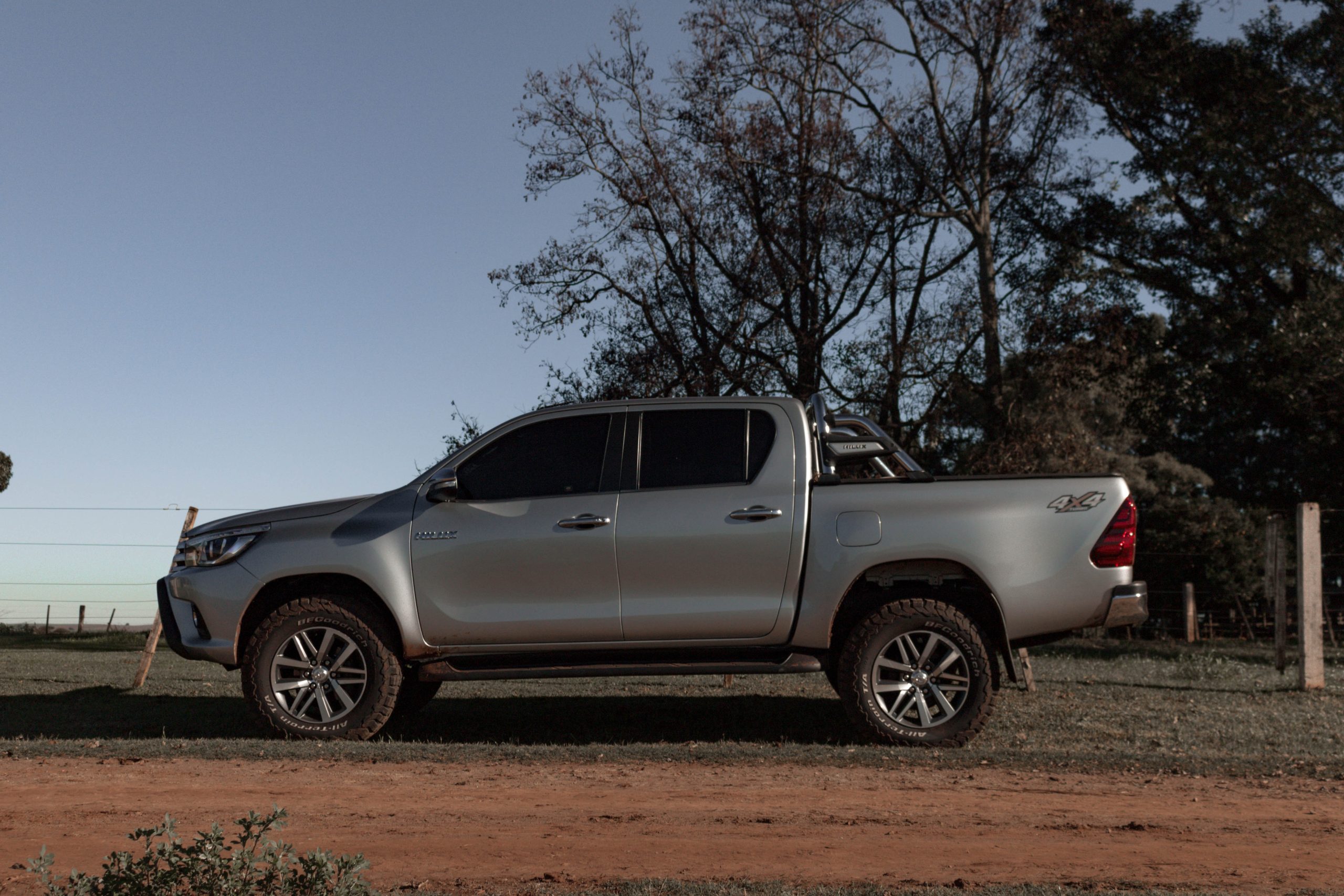Table of contents
One of the world’s most active and dynamic automotive industry is found in South Africa. The country has a long tradition of being at the forefront of automotive innovation, creating some of the world’s most dependable and stylish automobiles. Here, we’ll examine the South African automotive industry, its history, and highlight some of South Africa’s best produced vehicles.
With over 100,000 employees and a GDP contribution of over 7%, the motor industry is one of South Africa’s main sectors. In the early 1900’s, European and US importers brought the first cars. Thus, marking the beginning of a long and illustrious history for the sector. The first domestically produced automobile, the Samcor Ford Cortina, rolled off the assembly line in 1994. As a result, the local auto production gradually increased.
The country’s growing automotive industry produces a wide range of cars, lorries, and other vehicles in South Africa. Toyota, VW, Ford, BMW, and Nissan are some of the top companies in the sector. Furthermore, they all operate factories here. These factories export automobiles to other nations in Africa and other parts of the world. In addition, they are made available for the local market.
Natural Resources as a Benefit for the Automotive Industry
The abundance of natural resources in South Africa is one of the main benefits for the automotive industry here. South Africa is the source of a significant portion of platinum with usage in catalytic converters, which lower vehicle emissions. The nation also manufactures significant amounts of steel and other metals, which are necessary for producing cars and other types of vehicles. Because of this, South Africa is a desirable location for global automakers who can use these resources to construct automobiles more cost-effectively.
The South African automotive industry encompasses a variety of additional operations in addition to the production of automobiles. For example, the manufacture of automotive parts, vehicle maintenance, and retail sales. All of these actions support the industry’s general health, aid in job creation, and provide income for the economy.
History of the Automotive Industry in South Africa:
The South African automotive industry dates back to the early 1900s. The first car assembly plant was established in Port Elizabeth in 1924. The advent of significant manufacturers like Ford, General Motors and VW in the 1960’s made the sector really take off. The industry has faced many difficulties and changes over the years, including the COVID-19 epidemic. Moreover, also the effects of the global financial crisis. Despite this, South Arica’s automotive industry continues to make a sizable economic contribution. They generate billions of rands in sales annually and support thousands of employments.
Top Cars Manufactured in South Africa:
- Volkswagen Polo: Among the most well-known cars made in South Africa is the Volkswagen Polo. The Polo is a chic and useful hatchback built at the Volkswagen plant in Uitenhage. It has garnered numerous accolades for its excellence and performance. The Polo comes in a variety of trims, including the GTI and R-line. It further offers a choice of petrol or diesel engines.
- Toyota Hilux: The Toyota Hilux is a tough and reliable pick-up truck that has become a South African roadside icon. Toyota’s Durban plant manufactures the Hilux in various models. This includes single and double cabs, as well as 4×4 and 4×2 versions. The Hilux is a popular choice for farmers, builders, and outdoor enthusiasts due to its impressive towing capacity and off-road capabilities.
- Ford Ranger: Another popular pick-up truck manufactured in South Africa is the Ford Ranger. The Ranger is manufactured at the Ford plant in Silverton, Pretoria. It is also available in a variety of models, including single and double cabs, as well as 4×4 and 4×2 versions. The Ranger is an excellent choice for those in need of a dependable and capable workhorse, thanks to its powerful engines and impressive towing capacity.
- BMW 3 Series: The BMW 3 Series is a luxury sedan that is manufactured at BMW’s Rosslyn plant in Pretoria. The 3 Series is a popular choice for those who value comfort, performance, and prestige, thank to its sleek and stylish design, powerful engines, and advanced technological features. The vehicle is also available in several trim levels, including M Sport, Luxury Line, and Sport Line.
- Mercedes-Benz C-Class: The Mercedes-Benz C-Class is yet another luxury sedan produced in South Africa. The East London manufacturing plant produces the Mercedes-Benz C-Class, a car known for its elegance, performance, and cutting edge technology. The C-Class is available in a variety of trim levels, including the AMG Line, Exclusive, and Avantgarde, and comes with a choice of petrol or diesel engines.

An Important Part of South Africa’s Economy
In conclusion, South Africa’s automotive industry is an important part of the country’s economy. It is also a source of pride for many South Africans. With a rich history and a bright future, the industry continues to produce some of the world’s best cars. This ranging from practical and rugged pick-up trucks to luxurious and high-performance sedans. While there will undoubtedly be challenges ahead, such as the transition to electric and self-driving cars; there is no doubt that South Africa’s motor industry has a bright future. The country has made some progress in developing electric vehicles. However, infrastructure, investment, and education still have a long way to go. So, whether you’re a fan of classic cars or cutting-edge technology, there’s never been a better time to discover South Africa’s exciting motoring scene. Nonetheless, many experts believe that South Africa’s motor industry has the potential to become a global leader in the electric vehicle market. This owing to its abundant natural resources, skilled workforce, and favourable government policies.
Key Takeaway
Explore South Africa’s dynamic automotive industry, from its rich history to top cars like the Volkswagen Polo and Toyota Hilux. With over 100,000 employees and a 7% GDP contribution, it’s a crucial sector. Abundant natural resources make it a desirable location for global automakers. The industry encompasses car production, parts manufacturing, vehicle maintenance, and retail sales, supporting the economy and job creation. While facing challenges like the COVID-19 pandemic, South Africa’s automotive industry remains resilient, generating billions in sales and employment opportunities. It’s a source of national pride and continues to produce a wide range of vehicles, from rugged pick-up trucks to luxury sedans, with a promising future in electric vehicles.



I was reading through some of your blog posts on this
site and I conceive this website is rattling instructive!
Continue posting.Raise blog range